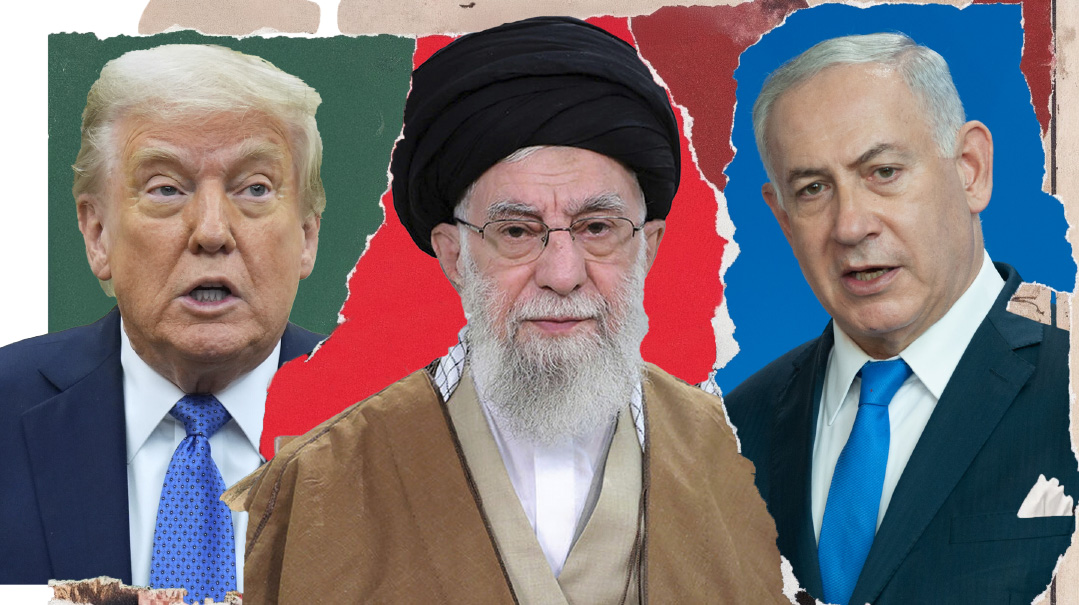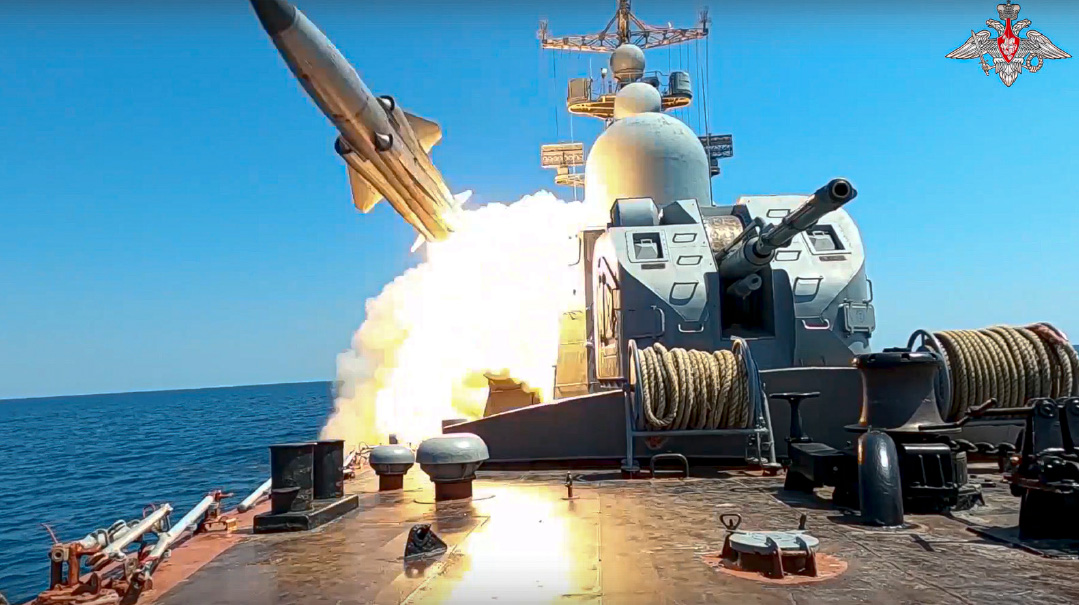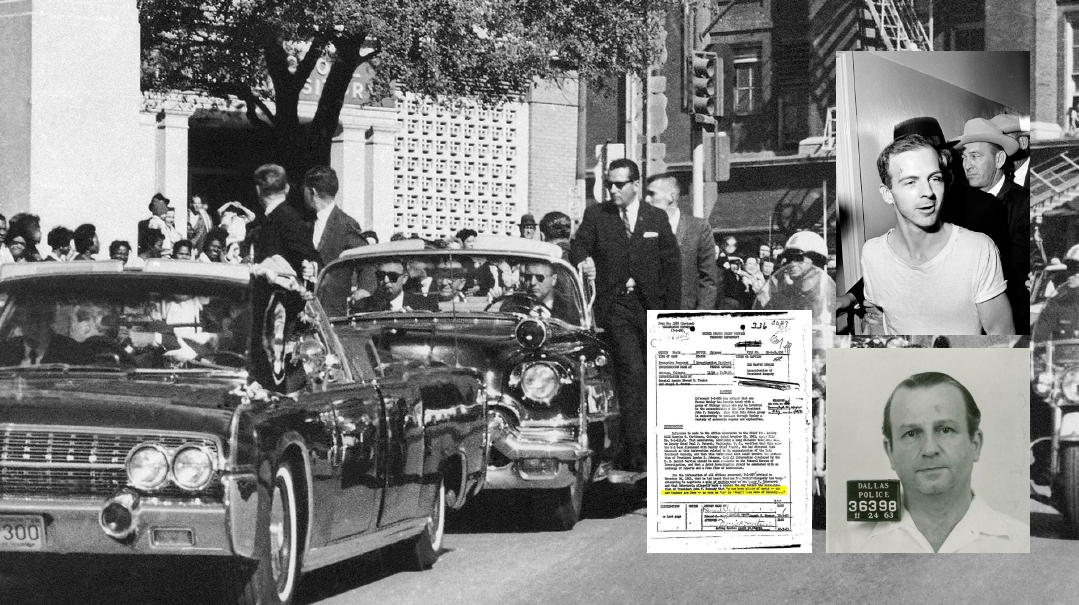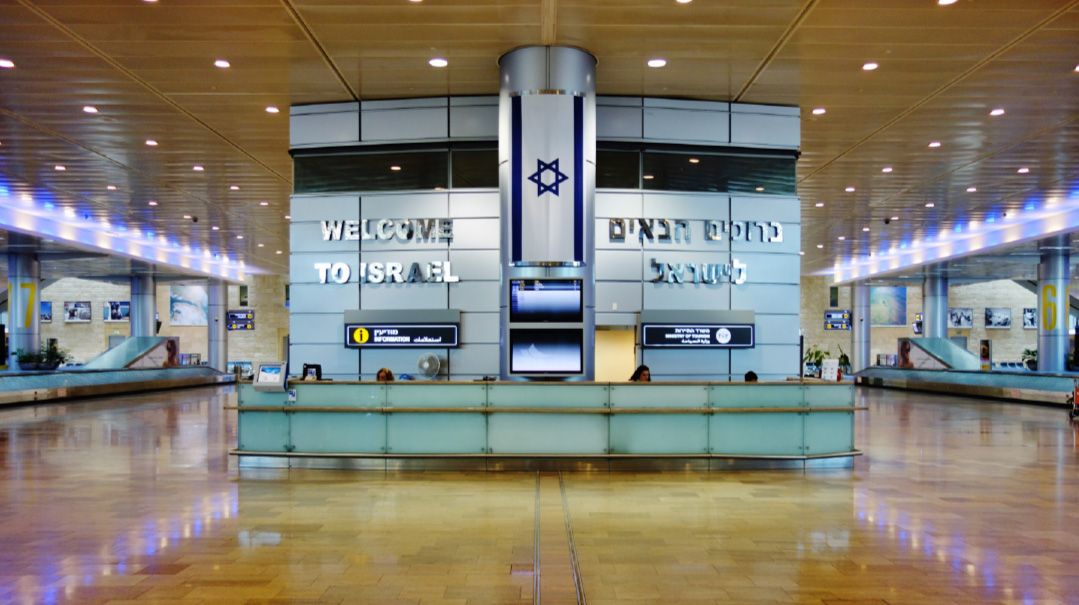Judicial Activism & the Chareidi Draft

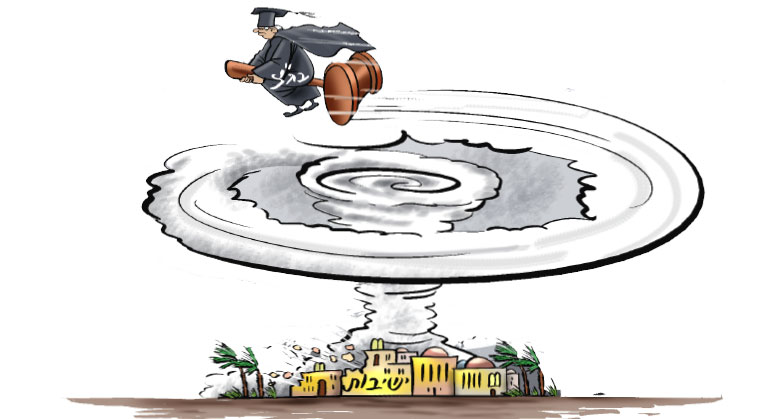
T he Supreme Court recently nullified a Knesset law that grants chareidim IDF draft exemptions. What legal grounds do they have to invalidate a law passed by Israel’s parliamentary body?
Let’s begin with a short civics lesson. Israel became a state in 1948. Faced with a war the Constituent Assembly — the forerunner to the First Knesset — agreed to draft a constitution in stages starting with a package of basic laws. Israel still has no constitution but it does have 13 basic laws. One of them is the law of Human Dignity and Liberty passed in 1992 defining Israel as a Jewish and democratic state and protecting individual freedoms of speech privacy and travel. The Supreme Court took this basic law one step further applying it to safeguarding “human rights.”
That still doesn’t answer the question as to how the Supreme Court can throw out a law the Knesset passed.
We haven’t finished the civics lesson. Legal experts agree the Knesset has a dual function. It serves as a legislative body making and changing laws that impact daily life in areas such as national defense and the economy. It also serves as a “constitutional assembly ” making basic laws similar to America’s Bill of Rights. What happens when those two functions clash? Well in 1995 Supreme Court Chief Justice Aharon Barak ruled that Israel’s basic laws have supremacy giving the court the authority to revoke a legislative law that clashes with the principles of a basic law.
Does that theory explain how the Supreme Court revoked the chareidi draft law?
Yes. The Human Dignity and Liberty act is a basic law safeguarding human rights. The draft exemption is a regular piece of legislation. In the Supreme Court’s worldview the basic law takes precedence and granting exemptions to yungeleit while denying them to university and graduate students in the same age group violates the students’ human dignity and liberty by forcing them to bear a disproportionate share of the nation’s military burden.
Don’t chareidim have a human right to be conscientious objectors?
The group of chareidi protestors from Meah Shearim who take to the streets — and sometimes are forcibly dragged away by police — could be considered conscientious objectors as they refuse to even register at the IDF enlistment office. The vast majority of chareidim do register and receive an exemption if they declare that Torah is their “profession” and they bring proof of enrollment in a yeshivah or kollel. This is one of Israeli society’s most emotional and controversial issues. The original exemption in Ben-Gurion’s days was granted to 400 ultra-Orthodox. Today they apply to some 60 000 chareidim and as many as 10 000 from the national-religious sector who either defer army service entirely or enlist through a Hesder program at a later age.
Does the IDF really need the extra manpower?
The IDF knows it is culturally unprepared for a major influx of chareidi recruits. However a new law shortening IDF service by four months will soon take effect resulting in the discharge of a record number of combat troops. The IDF claims to be concerned about this manpower drain at a time when Israel faces threats on multiple fronts. (Excerpted from Mishpacha Issue 679)
Oops! We could not locate your form.









